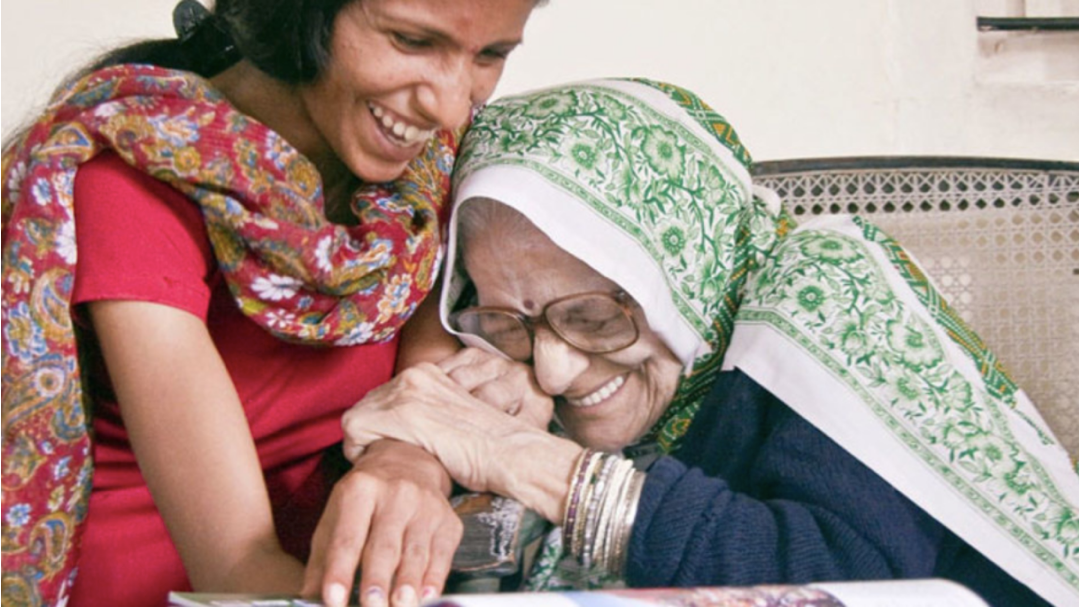When a person is diagnosed with dementia, it is not just their life that changes but also the lives of those around them. This period of adjustment can cause a severe amount of distress on the caregiver if they are not equipped with the emotional and physical skill sets necessary to cope with the changes. Remember, taking care of yourself is one of the most important things you can do as a caregiver.
Things you should Do
- Ask for HELP – You think you can handle it all, and you probably can but at what price? Stop trying to be superhuman and ask for help! When things get difficult you MUST reach out to your family, friends or community support groups. Having someone come in and sit with your loved one for a few hours every day or week helps greatly! Caregivers who take regular time away are better carers and find more satisfaction in their role as caregivers.
- Focus on your Health – Nothing in this world can beat the benefits of exercise! It is important that you regularly take time out to exercise. The happy hormones it releases will boost your mood and help you cope with situations better. Also, eat healthy means regularly. The food you eat can be a natural source to help you cope with the changes and situations better.
- Hobbies and Social Interaction – You must continue to pursue your hobbies. If you do not have one, you must find one now. Take some time out to focus on your likes, interest and yourself is important! Go for coffees, movies or even a meal with friend is important. Spend some time focusing on other interests. This is a great stress buster and mental break.
- Recognize Triggers – An important part of dementia care is noticing their triggers. It could be a particular topic of conversation, change in appetite, sleep routine or after meeting a friend. Notice the triggers and map them out. This also helps you manage your own life and cope better!
- Planning – Planning is an important part of dementia care. It’s important for you and the person with dementia, it sets expectations, provides a comfortable routine and more importantly gives a feeling of familiarity. Take advantage by using visual cues around the house for the person. Use a medicine box, that is refilled once at the beginning of every week. Have the routine documented and shared even with secondary caregivers. This makes it easier to monitor treatment, plan better and notice if their any changes or triggers.
- On Time Follow-Ups – Do not miss your doctor’s appointment, or wait for the last date to get your prescription refilled! Use reminders, to make the appointment and be there for the appointment. This is not only important for the person with dementia but also for you.
Things you should NOT DO
- Do not take things personally – Sometimes the person may snap, get agitated, frustrated and say some really hurtful things. This is NOT a reflection of you. The important thing to remember is that they often do NOT realize what they are saying or how their words impact you. You have the choice to walk away from that conversation, and it is a choice you must exercise.
- Do not put their needs above your own – A big part of being a caregiver is taking care of yourself. Only if you take care of yourself and feel good about yourself can you help someone else. You cannot run on an empty tank of love and energy!
Lastly, if you live an hour or more away from a person who needs care, you can think of yourself as a long-distance caregiver. This kind of care can take many forms—from helping with finances or money management to arranging for in-home care; from providing respite care for a primary caregiver to creating a plan in case of emergencies. Many long-distance caregivers act as information coordinators, helping aging parents understand the confusing maze of new needs, including home health aides, insurance benefits and claims, and durable medical equipment.
Caregiving, no matter where the caregiver lives, is often long-lasting and ever-expanding. For the long-distance caregiver, what may start out as an occasional social phone call to share family news can eventually turn into regular phone calls about managing household bills, getting medical information, and arranging for grocery deliveries.
Many long-distance caregivers provide emotional support and occasional respite to a primary caregiver. Long-distance caregivers can play a part in arranging for professional caregivers, hiring home health and nursing aides, or locating care in an assisted living facility. Some long-distance caregivers find they can be helpful by handling things online—for example, researching health problems or medicines, paying bills, or keeping family and friends updated. Some long-distance caregivers help a parent pay for care, while others step in to manage finances.
Caregiving is not easy for anyone, not for the caregiver and not for the care recipient. There are sacrifices and adjustments for everyone. When you don’t live where the care is needed, it may be especially hard to feel that what you are doing is enough and that what you are doing is important. It often is.
If you decide to work as a family team, it makes sense to agree in advance how your efforts can complement one another. Ideally, each of you will be able to take on tasks best suited to your skills or interests. For example, who is available to help Mom get to the grocery store each week? Who can help Dad organize his move to an assisted living facility? After making these kinds of decisions, remember that over time responsibilities may need to be revised to reflect changes in the situation, your parent’s needs, and each family member’s abilities and limitations. Be realistic about how much you can do and what you are willing to do.
Remember, they are not your life but a part of it. Your life is yours, your goals, your priorities – it’s you!







